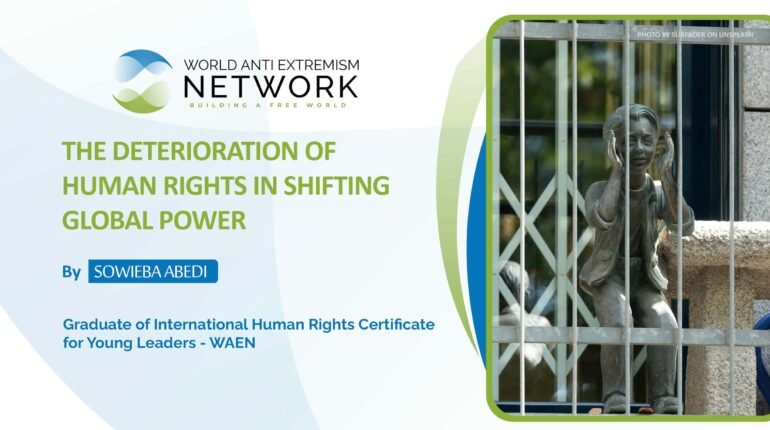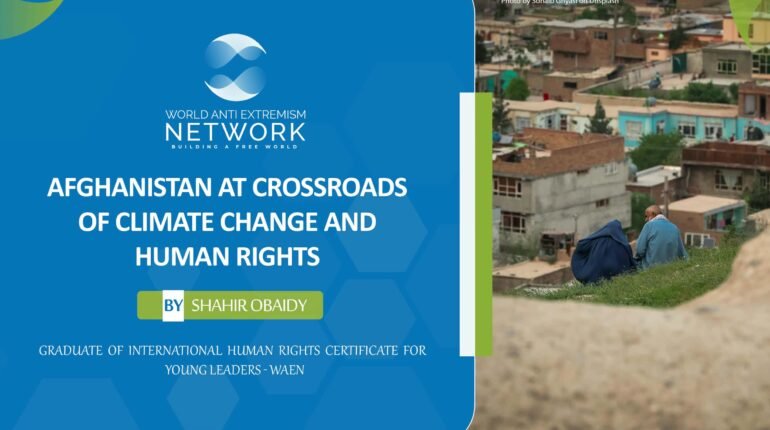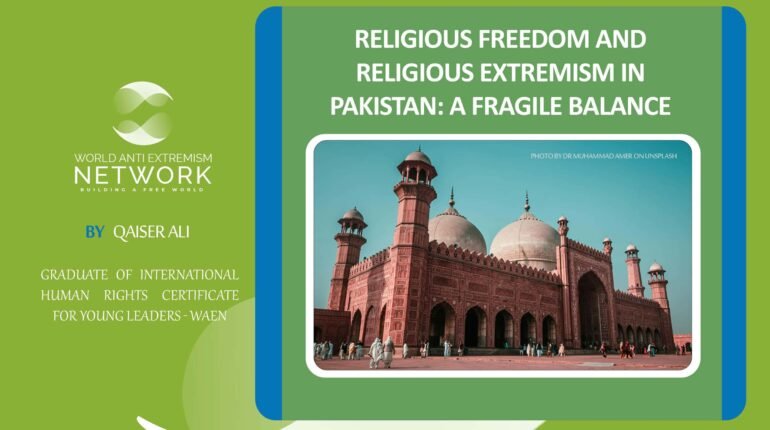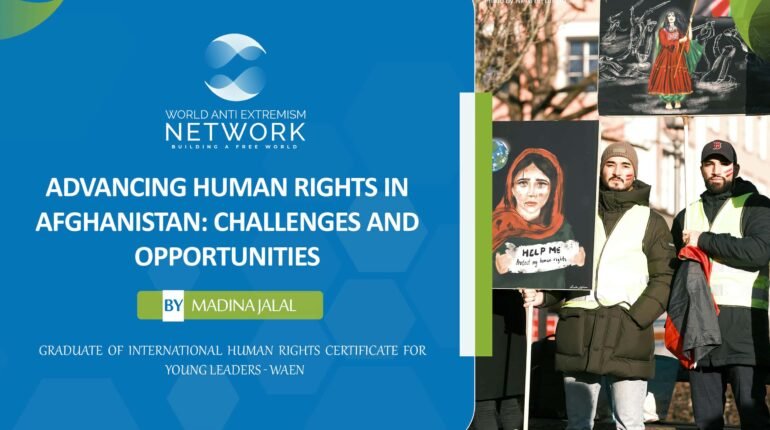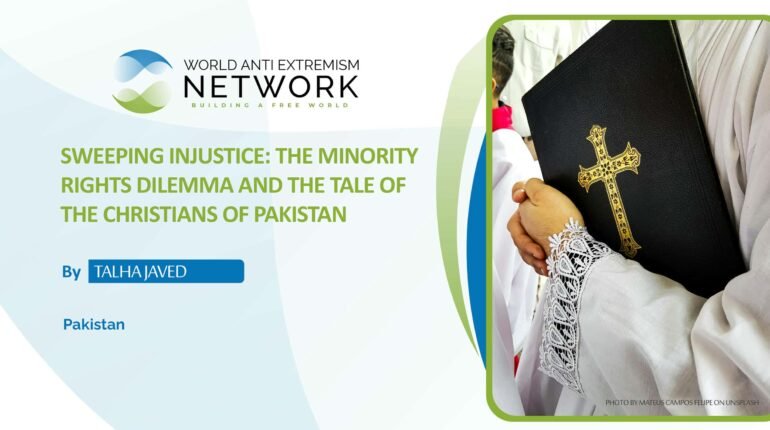Human Rights Situation and Ethnic-Religious Biases in Afghanistan Since August 2021
- World Anti Extremism Network
- Human Rights Situation and Ethnic-Religious Biases in Afghanistan Since August 2021
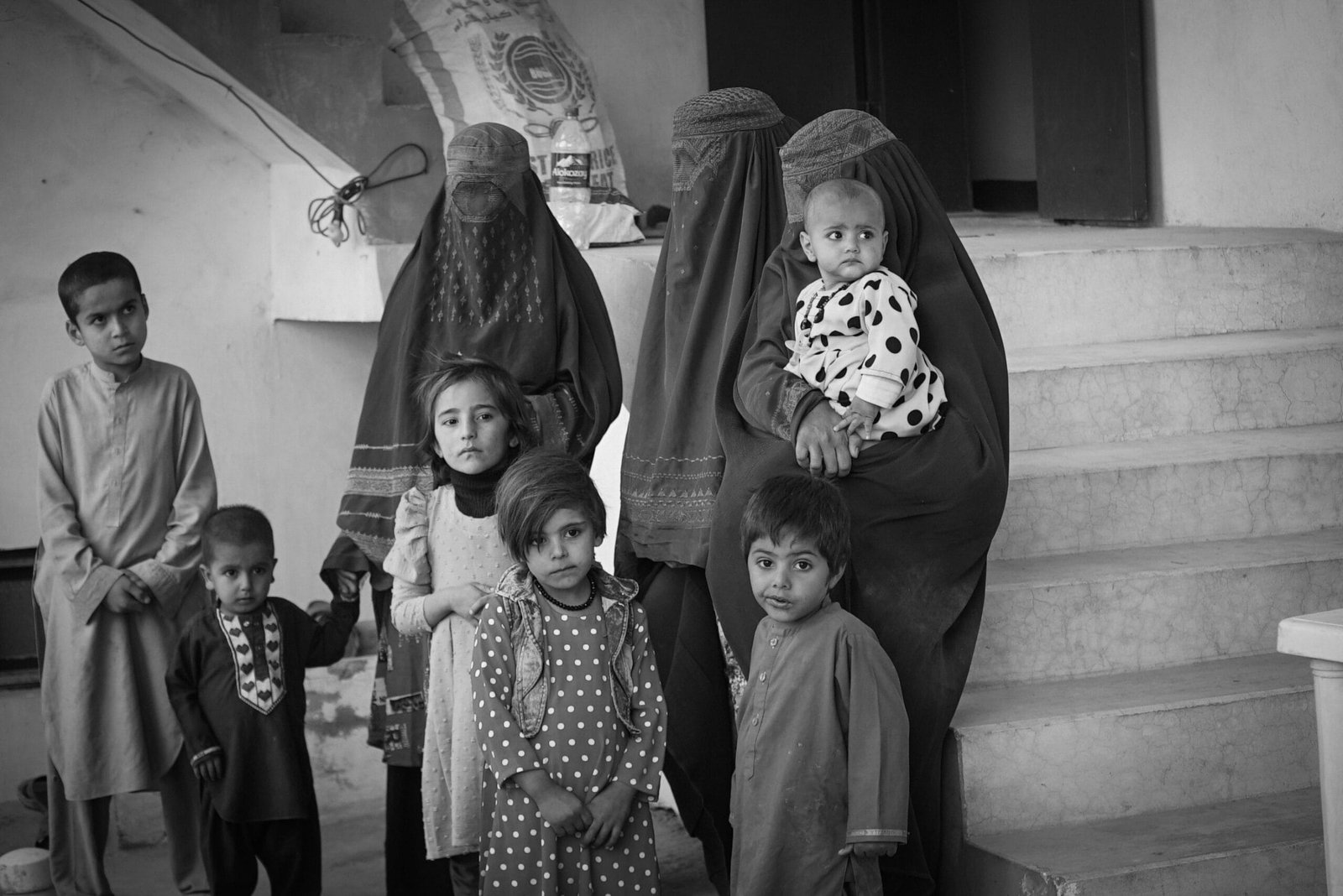
Photo by Wanman uthmaniyyah on Unsplash
- Human Rights Situation and Ethnic-Religious Biases in Afghanistan Since August 2021
- By Asila Asil
- Dec 24, 2024
Share on:
Ethnic and religious bias is a phenomenon in which social hostility or animosity emerges against a group perceived as different due to distinctions in skin color, physical appearance, religion, language, or culture. This bias takes various forms in society, exacerbating social phenomena and leading to negative sentiments between groups. Sometimes, these sentiments escalate to unhealthy actions such as war, murder, exile, and plunder. Typically, discrimination is imposed by the stronger group onto the weaker one, perpetuating division.
Historical Roots of Ethnic-Religious Biases
Envy and narrow-mindedness have existed since ancient times, even during the prehistoric era, when primitive humans attacked rival groups over basic necessities like shelter and food. These conflicts were often attributed to specific ethnic and religious identities, resulting in loss of life or forced displacement from their homeland.
Primary Environments Influencing Ethnic-Religious Biases
- Family Environment: Ethnic-religious biases often begin within the family unit, where inherited prejudices and biases shape early perceptions of other groups.
- Educational and Cultural Institutions: Biases are reinforced through educational curricula and cultural institutions, perpetuating discriminatory views.
- Police and Governmental Agencies: Institutional biases within law enforcement and governmental bodies contribute significantly to the amplification of ethnic and religious discrimination.
- Religious and Spiritual Leaders: Leaders within religious and spiritual spheres sometimes intensify ethnic and religious discrimination, further dividing communities.
Objectives
Since August 2021, ethnic and religious biases in Afghanistan have noticeably intensified. With the rise of the Islamic Emirate of Afghanistan, the last Jewish individual left Afghanistan, as the Emirate operates under the slogan of implementing Sharia law while exhibiting various forms of discrimination against ethnic and religious minorities.
From an Islamic perspective, superiority is solely determined by piety, with ethnicity and race merely serving as means of recognition among individuals. However, the Islamic Emirate has heavily relied on ethnic biases, prompting all religious minorities to leave Afghanistan upon its takeover. Communities such as Hindus and Sikhs significantly reduced their presence in Kabul and Nangarhar, seeking refuge in countries like India and Canada. Additionally, Afghan Hazara groups have emigrated en masse to Iran and Pakistan.
The primary goal of the ruling group in Afghanistan is the homogenization of Afghanistan under a singular ethnic-religious hegemony. They advocate for Hanafi Islam to be the exclusive official religion of Afghanistan. Afghan people perceive this as a potential infringement on the rights of minorities within Afghanistan.
The treatment of women under the Islamic Emirate’s rule reflects a cultural and ethnic bias rather than Islamic principles. Denying girls access to education is among the biases enforced by the ruling group, driven by extremist ideologies that view women solely as entities for reproduction. Women are relegated to household roles, stripped of their basic rights and privileges, underpinned by the ruling group’s cultural biases.
Government
The government based on ethnic and religious biases in Afghanistan has led to significant societal issues. Afghanistan is a diverse society with more than ten ethnic groups coexisting. One of the tangible consequences of prejudice in Afghanistan is social anarchy and the failure to form unity and cohesion. Different groups have lost their sense of solidarity due to a lack of harmony and biased governance. This fragmentation has resulted in institutional corruption, with the media and publishing apparatus promoting favoritism. Government positions are not awarded based on merit and experience but rather on ethnic and religious criteria, leading to key positions being monopolized by one ethnicity or religious group.
In the Islamic Emirate government, not only are women marginalized within ethnic and religious biases, but they are systematically excluded from society. Despite women constituting half of the population, they are not represented in any governmental body. In the composition of the Islamic Emirate’s cabinet and all national organizations, 98% are Pashtun, with only 2% from other ethnicities. The presence of other ethnic groups in the Islamic Emirate is minimal, even though non-Pashtuns make up the majority of the country’s population. This imbalance means the Islamic Emirate cannot adequately represent all Pashtuns, let alone the entire nation.
One of the most essential factors for ensuring security in society is maintaining unity and cohesion in a nation. Achieving unity is only possible through preserving common history, culture, traditions, and shared interests.
Leaders
Leaders based on ethnic and religious biases, and the existence of minorities, have been a reality within many countries for centuries. Attention to the rights of these minorities, as part of human rights, only began in the early 20th century and reached its peak with the adoption of the United Nations Charter. Before the 20th century, minority rights were considered solely political issues and fell within the exclusive jurisdiction of governments. Ensuring minority rights has since become a major concern of human rights conventions and various international agreements.
Bigotry is a destructive illness in our society, robbing us of many opportunities. A prejudiced individual considers themselves and their belongings superior to others, viewing others as lesser. They believe others lack logical reasoning and rationality. Prejudiced individuals look down upon other groups—social, cultural, religious, racial, and others—and behave antagonistically towards them. Despite their hostile behavior, they maintain a sense of self-righteousness, often justifying their own mistakes while excessively criticizing others.
Following the Taliban’s assumption of power in Afghanistan in August 2021, leaders of the Pashtun ethnicity now hold key positions in all three branches of government—legislative, judicial, and executive. Pashtun leaders manage both military and civilian sectors in a country where various ethnic groups coexist. The administration of the country is now led by leaders who prioritize ethnic and religious biases. https://noo.rs/ppJ3S
Conclusion
Ethnic and religious prejudices have intensified significantly, with 98% of governmental affairs being run by one ethnic group. Since August 2021, religious, ethnic, and national minorities in Afghanistan, including Hazaras, Sikhs, and the last Jew, have left the country.
Ethnic prejudices in Afghanistan have deep roots. Afghanistan is a diverse society with various ethnicities and religions, but biases from certain ruling groups lead to anomalies that threaten the security and peace of religious minorities. One such prejudiced action is the exclusion of women from society, which has challenged societal norms. The removal of the Jaafari jurisprudence from higher education and administration also reflects biases in the country
This situation illustrates how discrimination and prejudice can have serious implications for people’s lives and societal harmony, hindering progress and mutual peace in society.
This article is written by Asila Asil, a pen name chosen by the author.
About the Author
Asila Asil, a Law and Political Science graduate from Jami Private University in Herat, Afghanistan, has begun her career at the Department for the Prosecution of Violence Against Women at the Herat Appeals Court and, following political upheaval in 2021, transitioned to online education and international programs.Asila joined the Women's Leadership Academy at Afghanistan Economic and Legal Studies Organization (AELSO) and has attended major Central Asian conferences. She earned an international Human Rights certification from World Anti Extremism Network (WAEN) and participated in Innovate X South Asia. Additionally, she received a business management scholarship from the European Business University in Luxembourg, supported by FemTech, and completed a distinguished training program at the ITS Hiroshima Office of the United Nations, backed by the Japanese government.Her experiences underscore a steadfast dedication to leadership, human rights advocacy, and countering extremism in Afghanistan and beyond.
The opinions expressed in these articles are solely those of the authors and do not reflect the views or positions of the organization. If you find any information incorrect, please contact (research@worldantiextremism.org), and we would be happy to assist you. You can download, distribute, and reuse this work, provided you credit the author and cite the original source.
Related Articles
Subscribe to our newsletter and stay updated.
Contact
Toronto, Ontario, M1L 0E5 Canada
Subscribe to our newsletter and stay updated.
Contact
Toronto, Ontario, M1L 0E5 Canada
Subscribe to our newsletter and stay updated.
Contact
Toronto, Ontario, M1L 0E5 Canada


